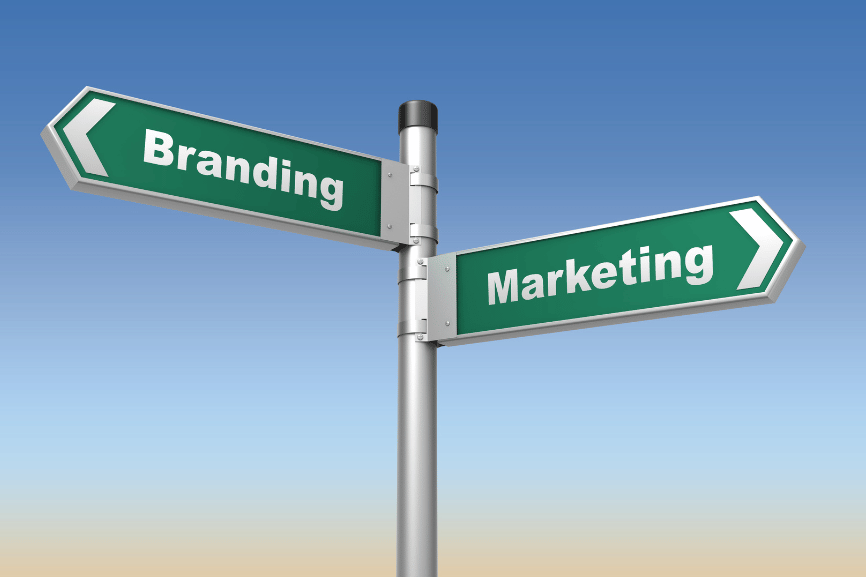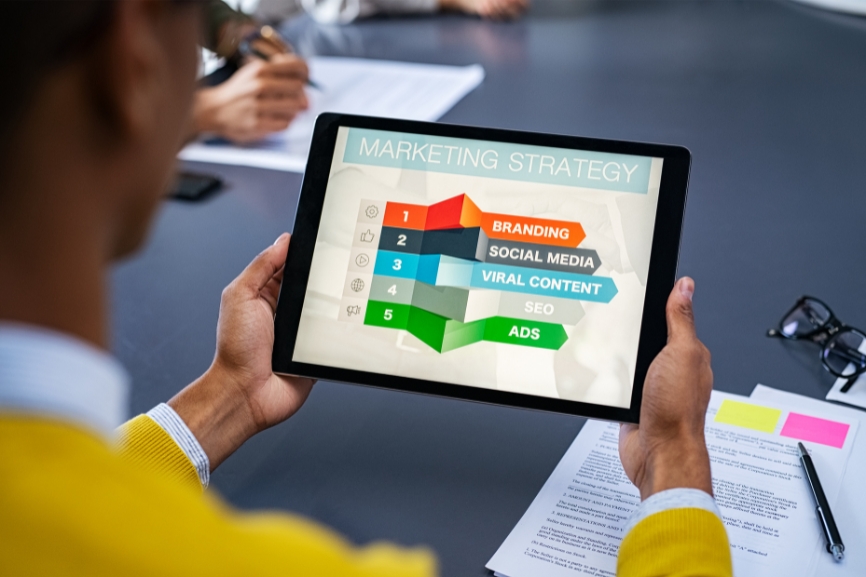Why you Need an E-commerce Platform ?
An e-commerce platform is essential for running an online store efficiently and effectively. Here are several reasons why you need an e-commerce platform: Store Management: An e-commerce platform provides a centralized system to manage your entire online store. It allows you to easily add, edit, and organize products, categories, and inventory. You can update prices, track stock levels, and manage customer orders in one place. User-Friendly Interface: E-commerce platforms offer user-friendly interfaces that make it easy to build and customize your online store without extensive technical knowledge. You can choose from pre-designed templates, customize layouts, and add branding elements to create a visually appealing and professional storefront. Payment Processing: E-commerce platforms integrate with secure payment gateways, enabling smooth and secure online transactions. They support various payment options, such as credit cards, PayPal, and digital wallets, making it convenient for customers to complete purchases. Order Management: E-commerce platforms provide order management systems that streamline the process of receiving, processing, and fulfilling customer orders. You can track orders, generate invoices, print shipping labels, and manage returns and refunds efficiently. Inventory Management: With an e-commerce platform, you can easily manage your inventory in real-time. It allows you to track stock levels, set up alerts for low inventory, and automatically update product availability. This helps prevent overselling and ensures accurate inventory management. Marketing and SEO: E-commerce platforms often come with built-in marketing and SEO features. You can optimize product pages for search engines, create discount codes, run promotional campaigns, and integrate with marketing tools like email marketing or social media platforms to reach a wider audience. Mobile Responsiveness: A good e-commerce platform ensures that your online store is mobile-responsive, meaning it looks and functions well on smartphones and tablets. This is crucial, considering the increasing number of mobile shoppers. Analytics and Reporting: E-commerce platforms provide analytics and reporting tools to track important metrics such as sales, conversion rates, customer behavior, and marketing campaign performance. This data helps you gain insights into your business, make informed decisions, and optimize your store’s performance. Scalability and Growth: An e-commerce platform offers scalability, allowing you to easily expand your online store as your business grows. You can add more products, integrate with additional services, and handle increased traffic without major technical challenges. Overall, an e-commerce platform simplifies and automates many aspects of running an online store, saving you time and effort while providing a seamless shopping experience for your customers.
Why you Need an E-commerce Platform ? Read More »





